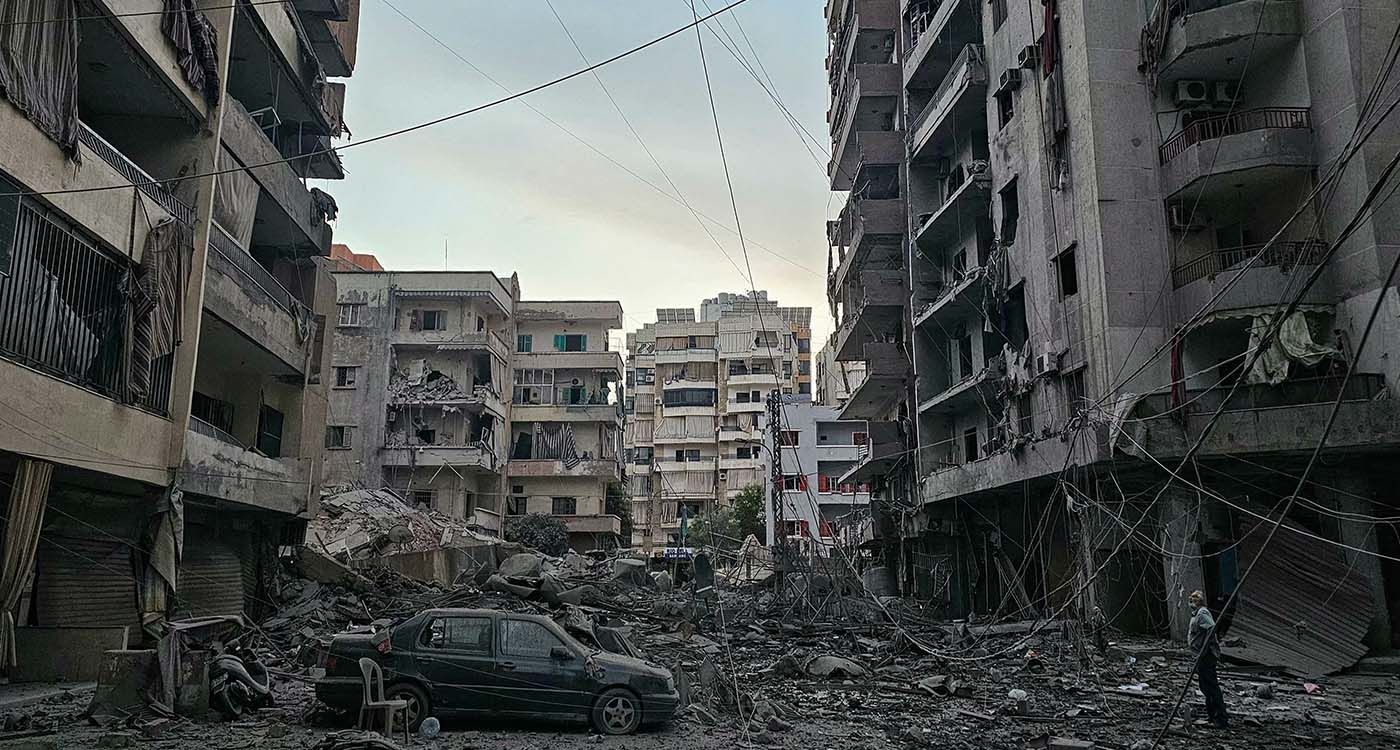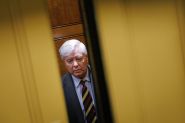
During one of the early phases of the Lebanese war, Bachir Gemayel made a quip to journalists that, while tinged with sarcasm, offered a fundamentally sharp insight into an aspect of public life in the country. “Lebanon (before the war) was not so much a land of coexistence, but rather one of mutual deceit among its people,” he stated, with a touch of irony laced with bitterness. This simplified observation underlined how the Lebanese have mastered the art of burying their heads in the sand—a tendency that worsens when paired with a total denial of reality and a stubborn refusal to confront certain truths head-on.
This deception, elevated to the level of a “national” line of conduct, is more apparent than ever in the stance taken by the Hezbollah-Amal duo—clearly acting under Tehran’s clear directives—regarding the negotiations aimed at ending the suicidal war triggered by Hezbollah on October 8, 2023. In practice, the Iranian axis displays a staggering blindness to the colossal disaster unleashed by its profoundly irrational military venture, which has dragged the Lebanese people into chaos. More specifically, it distorts the essence of the crisis resolution central to the ongoing talks, namely Resolution 1701. Shamelessly, it promotes its own narrow interpretation of the United Nations text—unambiguously clear in its wording—reducing it to a mere ceasefire and the withdrawal of pro-Iranian militias north of the Litani River.
The core provisions of Resolution 1701 are thus entirely overlooked, including: the clause urging all countries to refrain from supplying weapons and military equipment to non-state forces in Lebanon; the establishment of a border control mechanism to curb arms and ammunition smuggling by sea and land; and the handover of militia weapons to the legitimate state authority, as mandated by Resolution 1559, which is explicitly referenced several times in the text of 1701.
In a deeply pernicious manner, the Hezbollah-Amal tandem and their Iranian sponsor are resorting to deception, leveraging the “Lebanese-style” politics of lies in an attempt to impose their narrow interpretation of Resolution 1701 as an undeniable fact, thereby stripping the UN resolution of its true substance by focusing solely on the ceasefire aspect. The purpose of this maneuver is clear, with clear medium-term implications: Hezbollah aims to regroup, rearm, and gradually redeploy its militia south of the Litani, exploiting any potential ceasefire to fortify its position, having sidestepped the measures in Resolution 1701 aimed at eliminating all militia presence in the country.
Should the Iranian axis succeed in imposing its deceptive interpretation of the UN resolution, Lebanon will be on track for yet another armed conflict in a few years. This would follow Hezbollah's longstanding strategy of fostering a war-driven society in Lebanon, a plan it has pursued since the 1990s. This plan runs parallel to its efforts to dismantle the central state and vital sectors of the country since 2005.
Following the tragedy in which the pro-Iranian party has dragged the population into chaos by reactivating the South Lebanon front, it is undoubtedly time to move beyond the policy of "mutual deception" that has long defined public life in Lebanon. The moment has come to lay all the cards on the table, confront reality head-on, and firmly reject once again dragging the country into an endless cycle of armed conflict. The only outcome of such a path would be the creation of a war-driven society serving a transnational sectarian theocratic project, driven by the hegemonic ambitions of a regional power.
More than ever, the real challenge today is the full implementation of Resolution 1701—free from deception, half-measures, and flawed compromises that only pave the way for endless cycles of violence with no clear end or true purpose.




Comments